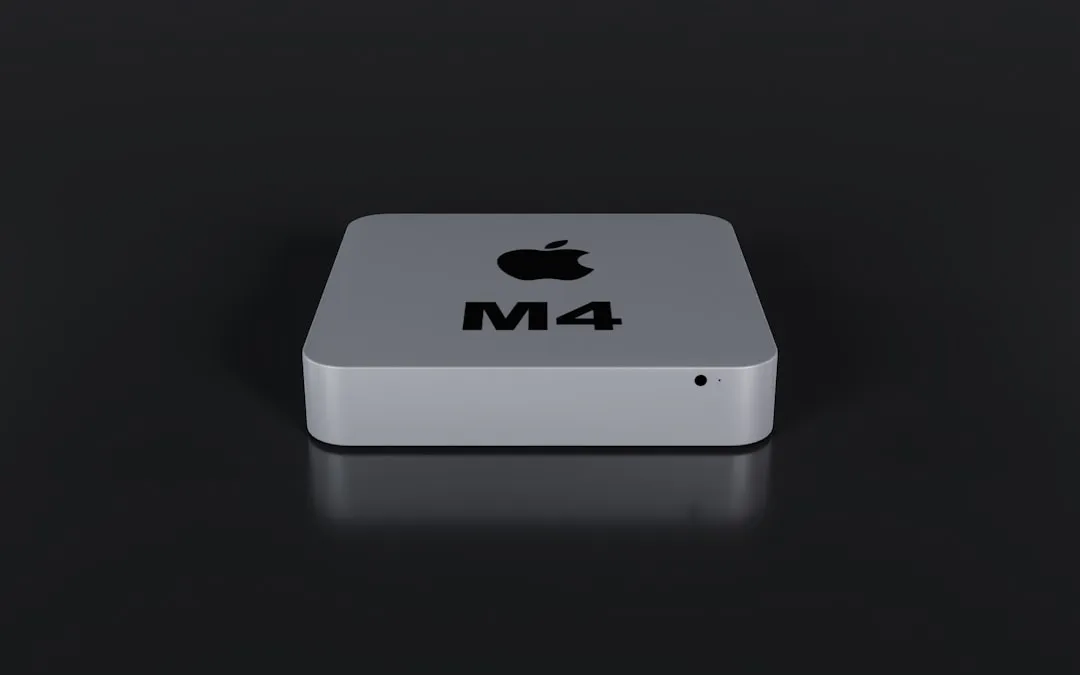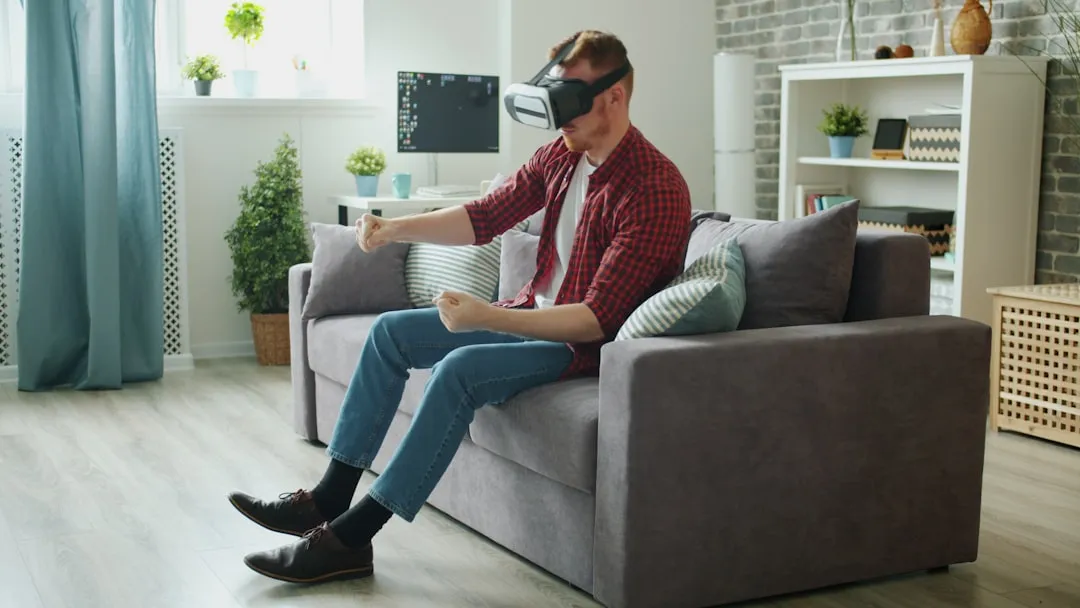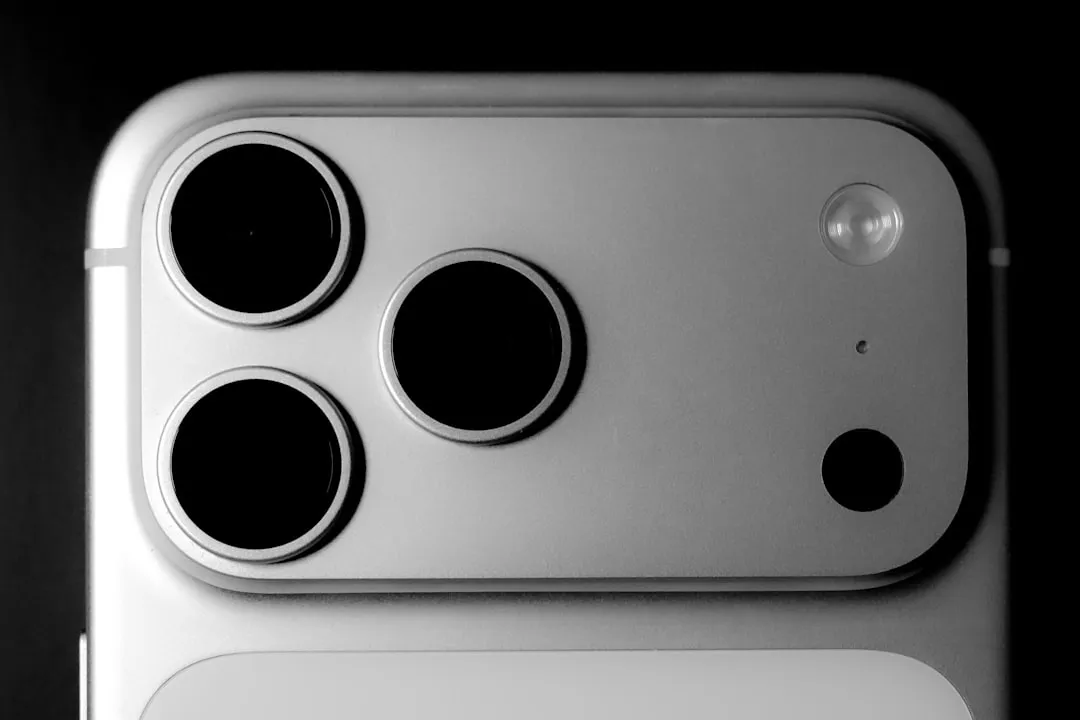When you think about the future of television, you probably picture bigger screens, better resolution, maybe some smart features. Meta has a completely different vision, one where your TV is not on a wall or a stand, but lives entirely in virtual reality. The company's new Horizon TV platform, unveiled at Meta Connect, is the boldest shot yet at making Mark Zuckerberg's 2017 prediction come true, that AR and VR wearables would eventually make traditional TVs obsolete.
What makes this intriguing is how Meta frames VR as the fix for problems that have dogged smart TVs for years. By running only on Quest headsets instead of competing in the crowded smart TV market, they are going after what The Verge describes as "older, less gaming-focused audiences" who might not have considered VR. That focus widens VR beyond gaming and points to mainstream entertainment, while carving out new VR ad revenue streams.
What makes Horizon TV different from your smart TV?
Meta designed Horizon TV to feel familiar, then layered on VR’s perks. The interface looks like a modern smart TV, with recommendations, a watchlist, and simple navigation. Familiar on purpose, so the learning curve does not scare off people who just want to watch something after work.
Content backs up that strategy. The lineup includes Amazon Prime Video, Peacock, and Disney+, with Hulu and ESPN coming soon, according to PCMag. Spotify, Amazon Music, and Twitch cover music and live streaming. Big names are still missing though: Netflix and HBO are not in the current mix; Hulu is listed as 'coming soon, a reminder that streaming fragmentation did not magically disappear in VR.
Horizon TV’s real trick is its unified library. Clear filters for Movies, TV Shows, Sports, Music, and "Immersive" content keep things tidy, as detailed by Yahoo Tech. Your watchlist lives in the Horizon hub, not inside a dozen separate apps. One place to track it all, one home button to get back.
Meta’s curation signals a pivot too. Earlier versions leaned on user-generated content, then Meta removed most UGC last month and emphasized professional partners and curated experiences. Less social experiment, more premium entertainment destination.
The immersive content advantage: beyond flat screens
Traditional smart TVs dress up the same flat video. Horizon TV plays a different game, using VR’s spatial computing for things a living room panel simply cannot do. That difference, if it clicks, could be the spark that moves VR into the mainstream.
Take the Universal Pictures and Blumhouse partnership. Movies like "The Black Phone" and "M3GAN" are not just streams, they feature enhanced 3D effects tuned for VR viewing, according to Tom's Guide. That is a shift from porting flat video into a headset to making VR-native feels that justify the hardware.
Sports gets an even louder pitch. Meta’s NBA partnership offers courtside perspectives, The Verge notes, and DAZN integration broadens live options. Courtside seats from your couch, the kind that would cost thousands in the arena. Not just a tech demo, real value for fans.
Exclusives add another hook. Horizon TV will stream clips from James Cameron's upcoming "Avatar: Fire and Ash" film, PCMag confirms, early peeks from a director known for pushing tech. That kind of window creates genuine FOMO, not the usual shuffle of catalog swaps.
Under the hood, the platform supports Dolby Atmos audio at launch, with Dolby Vision coming later this year. The promise is theater-like sound and picture, sometimes better than a typical home setup. The catch, can people stay comfortable wearing a headset for a two-hour movie, and how does social watching fit when everyone needs their own device?
Technical requirements and ecosystem challenges
Here is the gating factor. Horizon TV requires Quest headsets running Horizon OS version 79 or later, as specified by PCMag. That limits the audience to Meta’s hardware for now, a classic chicken and egg, better content sells headsets, a bigger install base attracts more content.
Old problems still apply, and VR adds a few of its own. Fragmentation remains, missing services like Netflix leave gaps. The Verge observes that Horizon TV recreates many smart TV headaches inside a more capable, but more demanding, environment.
Money flow is another wrinkle. According to The Verge, Meta has not announced rental, purchase, or subscription plans inside Horizon TV itself. The platform is an interface layer rather than a full marketplace. Good for simplicity if you already subscribe elsewhere, limiting for Meta’s direct revenue and leverage with partners.
The broader Horizon OS push could widen the funnel. Meta wants third-party manufacturers like Asus on board, Tom's Guide reports. Those efforts are early, success depends on other companies, not just Meta’s roadmap.
PRO TIP: The hardware barrier might actually work in Meta's favor long-term. With the company investing approximately $20 billion annually in XR development, according to industry data, they can subsidize hardware costs to make the complete entertainment package competitive with traditional premium TV setups.
Where does VR television go from here?
Meta's Horizon TV looks like an inflection point for VR and entertainment. It proves VR can enhance, not just copy, a living room TV experience, as The Verge details. The bigger question is whether spatial computing can move from novelty to habit.
The stakes are large. With the spatial computing market projected to reach $85.56 billion by 2030, according to industry projections, Horizon TV is a test of whether people will use VR for passive entertainment, not only games. A win here validates the metaverse bet and the giant XR spend behind it.
The hurdles are not small. TVs are ambient, social, and effortless, always on, easy for a roomful of people, barely any setup. Headsets require intention, individual use, and comfort management. If better audio, immersive visuals, and exclusives outweigh those trade-offs, we might be looking at TV’s next big chapter. If not, it is an expensive detour.
The creative path is the most exciting part. Partnerships with Universal and Cameron hint at movies and shows conceived for VR from day one, not retrofitted after the fact. Sports coverage could be reshaped if presence and immersion become the default.
The real metric is behavior change. If Meta shows that people will reach for a headset to watch something most nights, the convenience barrier starts to crack. That shift would unlock the larger spatial computing market and bring Zuckerberg's 2017 prediction within reach. I am not betting the living room yet, but the door is open, and the pull is getting stronger.

























Comments
Be the first, drop a comment!